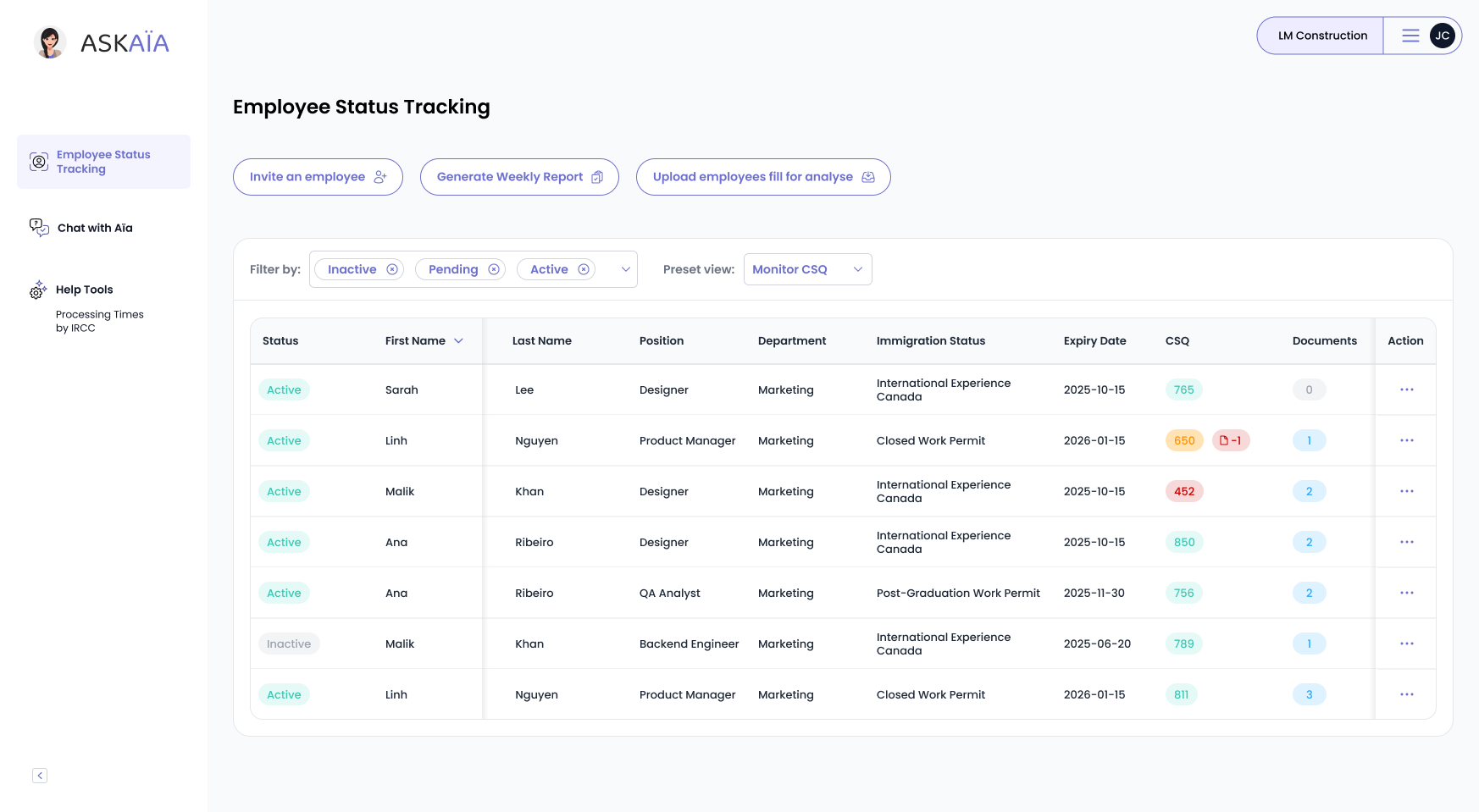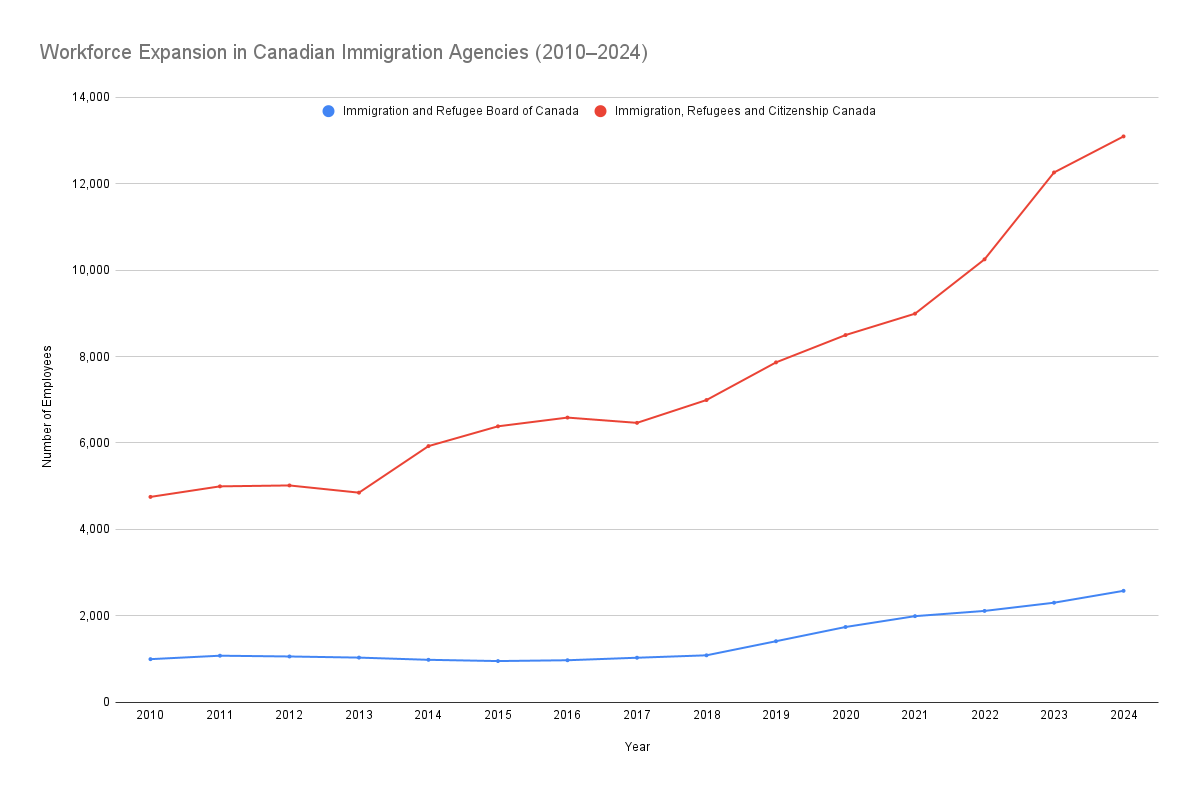Canada’s 2025 Work Permit New Rules: What Families Need to Know

Canada’s new 2025 work permit rules reshape family pathways, impacting thousands. In this article, explore these changes and practical solutions. Plus, learn about the Northwest Territories’ push for skilled immigrants and the cultural legacy of Quebec icon Kim Yaroshevskaya.
1. Top Story: How Canada’s 2025 Policy Changes Affect Work Permits for Families
On January 14, 2025, Canada announced new restrictions on open work permits (OWPs) for families of international students and foreign workers. These changes, effective January 21, 2025, will impact thousands of families. Discover how this affects your options and explore practical solutions.
Key Takeaways
- Starting January 21, 2025, only spouses of students in master’s, doctoral, or professional programs can apply for open work permits.
- Between 2017 and 2023, open work permits for spouses of international students increased by 521%, reaching 72,405 approvals in 2023.
- Study permits will be capped at 437,000 in 2025, down from 509,390 in 2023, limiting family pathways to work permits.
New Rules for Family Work Permits in 2025
Starting January 21, 2025, only spouses of students in eligible master’s, doctoral, or professional programs can apply for OWPs. For foreign workers, eligibility is limited to spouses of those in high-demand TEER 0, 1, and select TEER 2 or 3 jobs, such as healthcare and construction.
These changes follow a 521% rise in OWP approvals since 2017 and are part of Canada’s 2025 immigration strategy to manage population growth—98% driven by immigration—while balancing economic and infrastructure needs. The focus remains on skilled labor, even as family pathways face new limits.
How 2025 Permit Changes Impact Families in Canada
With over 509,390 international students in 2023, the Canadian government is capping study permits at 437,000 for 2025. This move, part of a strategy to maintain temporary residents at 5% of the population, reduces the number of families eligible for OWPs.
These changes create financial strain for families, especially as dependents lose access to work opportunities. Administrative complexity also increases, with families needing to navigate eligibility criteria for both study permits and TEER job categories.
Best Solutions for Families Affected by Work Permit Restrictions
For families affected by these restrictions, there are still options:
- Employer-Specific Work Permits: Dependents can seek jobs with Canadian employers willing to sponsor a closed work permit.
- Provincial Nominee Programs (PNPs): Provinces like Saskatchewan and Alberta offer family-friendly pathways for work permits and permanent residency based on local labor demands.
- Education Pathways: Dependents can enroll in Canadian education programs, gaining study permits that allow part-time work and future opportunities.
Practical Tips for Families: Did You Know? Spouses working in high-demand sectors like healthcare or construction are more likely to qualify under the new rules.
What this means for immigrants
Canada’s new rules reflect a focus on balancing immigration with economic priorities. While these changes narrow family pathways, solutions like PNPs, employer sponsorships, or study permits remain viable. Use Aïa to explore your best immigration options and find tailored solutions for your family’s future in Canada. Plan confidently and navigate these changes with ease.
2. Northwest Territories’ Focus: Expanding Skilled Immigration
The Northwest Territories (NWT) reopened its Nominee Program on January 16, 2025, offering new quotas to attract skilled workers and francophone immigrants. This initiative supports regional employers while addressing labor shortages, showcasing NWT’s commitment to building a diverse and skilled workforce.
- Reopening Date: The NWT Nominee Program resumed on January 16, 2025, prioritizing quick application processing.
- Quota Breakdown: 100 applications are accepted, including 10 for francophones and 90 for skilled and semi-skilled workers.
- Employer Support: The program targets labor shortages and aligns immigration efforts with market needs.
3. Success Snapshot: Kim Yaroshevskaya’s Cultural Legacy in Quebec
Kim Yaroshevskaya, a Russian-born immigrant, became a beloved figure in Quebec through her roles in children’s television, including Passe-Partout and Fanfreluche. Her storytelling inspired generations and earned her the Order of Canada in 1991. Kim’s journey highlights how immigrants enrich Canada’s cultural heritage with creativity and dedication.

Let’s get your demo started
Book a demo
You May Also Like
These Related Stories

Canada in 5: New Immigration Pilot Welcomes Francophones
This week, we explore Canada's new immigration pilots for Francophones, Manitoba's focus on family ties for retention, and Vahid and Azam's inspiring …

Canada Tightens Study Permits: Indian Students Face New Rules
Canada is tightening its immigration policies, and international students—especially from India—are feeling the impact. The government is reducing stu …

Backlogs Surge as Canada Cuts Immigration Jobs: What’s Next?
Canada’s immigration system has expanded significantly, but recent job cuts at IRCC pose new challenges for applicants. This article explores workforc …